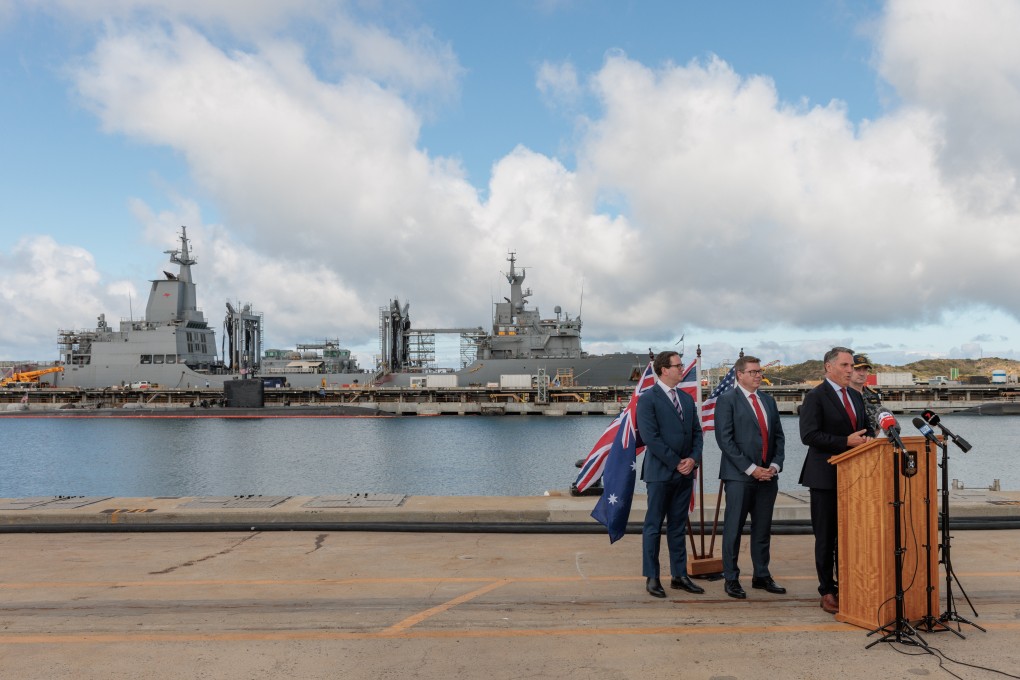Opinion | Why Australia’s Aukus submarine deal is a clear threat to nuclear non-proliferation
- The way the submarine deal is structured sets a bad precedent of supplying a non-nuclear weapon state and NPT member with weapons-grade fuel
- If the Aukus partners want to set good standards for non-proliferation, they should expand IAEA safeguards or abandon using nuclear submarine technology

First, the supply of a conventionally armed nuclear submarine to a non-nuclear weapon state and member of the Treaty on the Non-Proliferation of Nuclear Weapons (NPT) is not only unprecedented but threatens the international non-proliferation regime.
Second, the trilateral deal could deepen geopolitical tensions in the region, setting the Australian navy against Chinese maritime forces in ways that would increase the nuclearisation of the Indian Ocean region and could violate Australia’s own pledge of a nuclear weapons-free zone.
The Aukus partners have said their trilateral partnership to provide Australia with a conventionally armed nuclear submarine would set “the highest possible non-proliferation standards” in ways that “strengthen the global non-proliferation regime”. To ensure this, the US and the UK would provide Australia with complete, welded power units, from which “removal or diversion of any nuclear material would be extremely difficult”.
Additionally, the nuclear material would not be in a form to produce nuclear weapons directly and instead would need further processing in nuclear facilities that Canberra does not have.
On top of that, Australia has been negotiating with the International Atomic Energy Agency (IAEA) to develop a “suitable verification arrangement” against the diversion of nuclear fuel.
